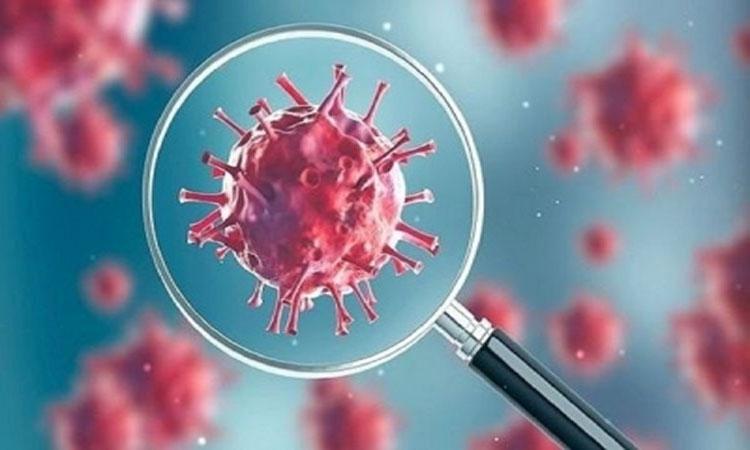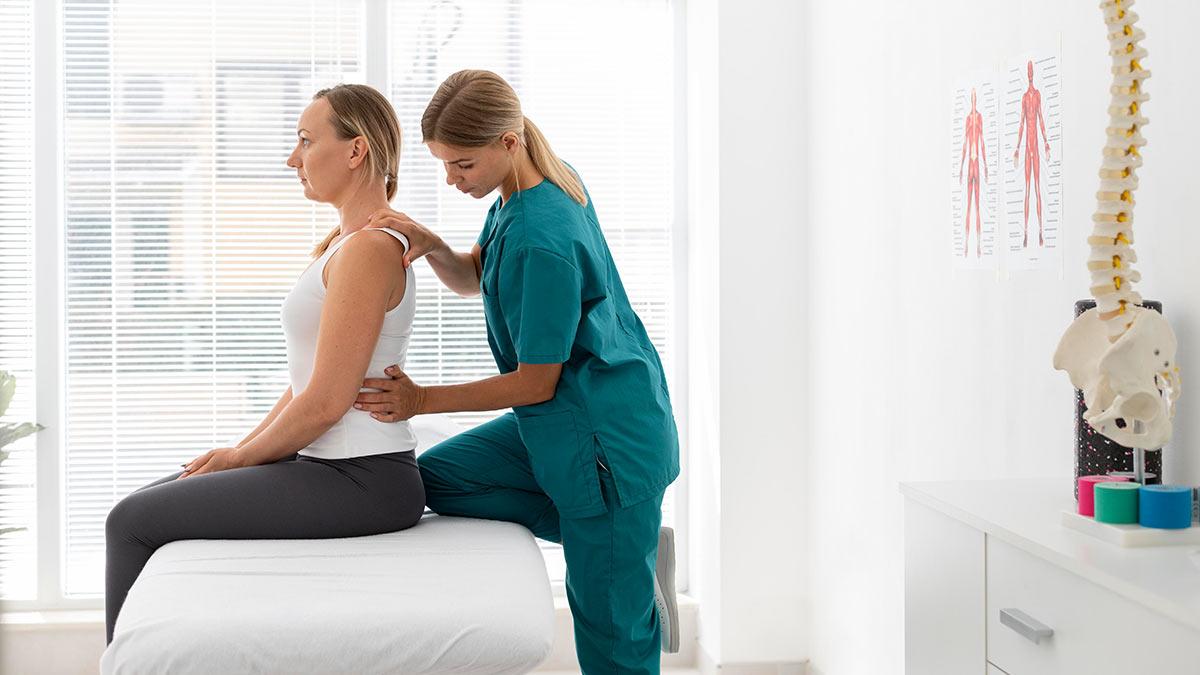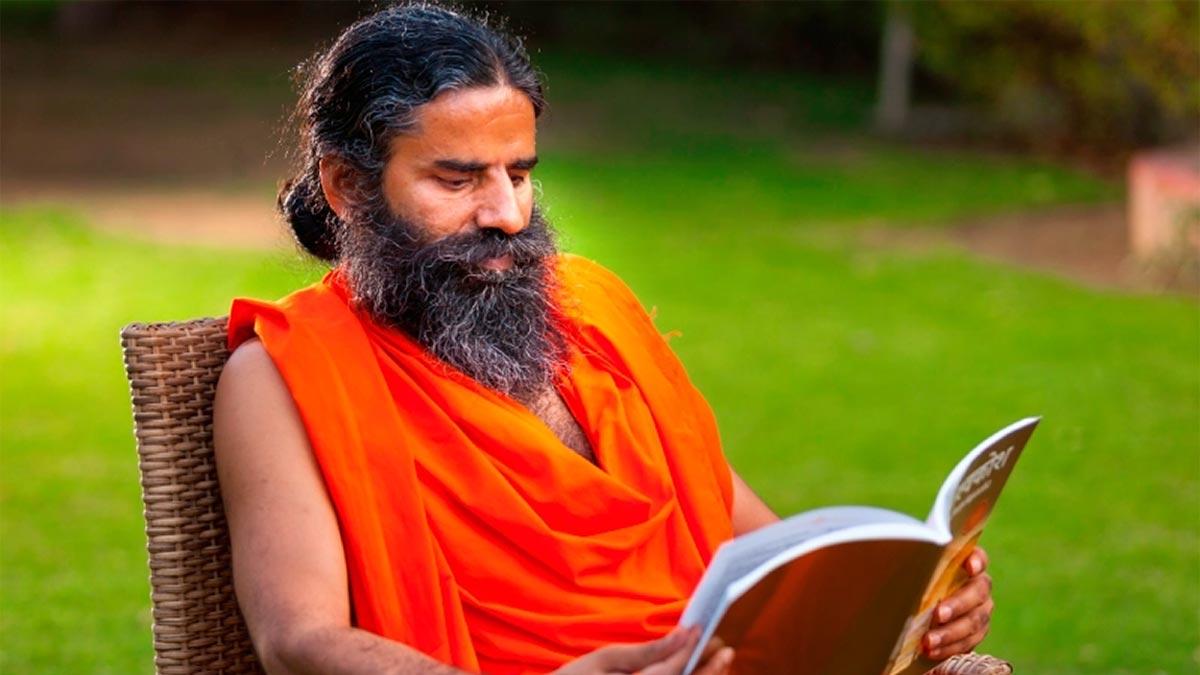Our saliva protects the Coronavirus' viral particles, keeping them infectious twice as long, according to a study that emphasises the importance of managing indoor air filtration and ventilation.
Researchers from the University of Colorado Boulder in the US found that airborne particles carrying a mammalian Coronavirus closely related to the virus, which causes Covid-19, remain infectious for twice as long in drier air, in part because the saliva emitted with them serves as a protective barrier around the virus, especially at low humidity levels.
The finding "shows this virus can hang around for quite a while -- hours, even. It's longer than a class, longer than the time you're in a restaurant, longer than the time you take to hang out in the cafe. An occupant may come in, spread Coronavirus in the air, and leave. Depending on architectural factors, then someone else could walk into that space with potent doses still hanging around," said Mark Hernandez, Professor of Civil and Environmental Engineering at the varsity.
Also read |IMDb Launches Popular Indian Celebrities Feature
Besides Covid, the study, published in the journal PNAS-Nexus, carries major implications potentially for all infectious diseases transmitted by saliva-coated viruses. It stresses proper ventilation systems especially for buildings in arid states, dry enclosed environments like airplane cabins and during dry winter months in temperate climates worldwide.
While it may be worth increasing relative humidity indoors to at least 40 per cent, humidifying indoor space is expensive and inefficient, said Hernandez.
"Instead, we can add simple, inexpensive air filters that will take particles out of the air faster. We can increase the ventilation rate, open windows, and make sure we get more fresh air through," said Hernandez. "We've known this from the beginning, but this research gives us a target."
For the study, Hernandez and his team released virus-laden, airborne particles into several state-of-the-art, sealed chambers -- the largest one about the size of a large bathroom -- both with and without saliva, and at 25 per cent, 40 per cent and 60 per cent relative humidity.
Also read |A food and cultural festival from the rich land of Bihar & Jharkhand
They found that the saliva acted as a protective mechanism for the virus regardless of the humidity level. At both 40 per cent and 60 per cent relative humidity, half of the airborne Coronavirus particles were still infectious after ageing for one hour in the chamber. But at 25 per cent humidity, that time doubled: Half of the original particles released into the chamber remained infectious for two hours.
"I hope this paper has an engineering impact in our buildings, for example, in schools and hospitals, so that we can minimise the infectivity of these viruses in the air," said Marina Nieto-Caballero, lead author, a postdoctoral researcher at Colorado State University.


















